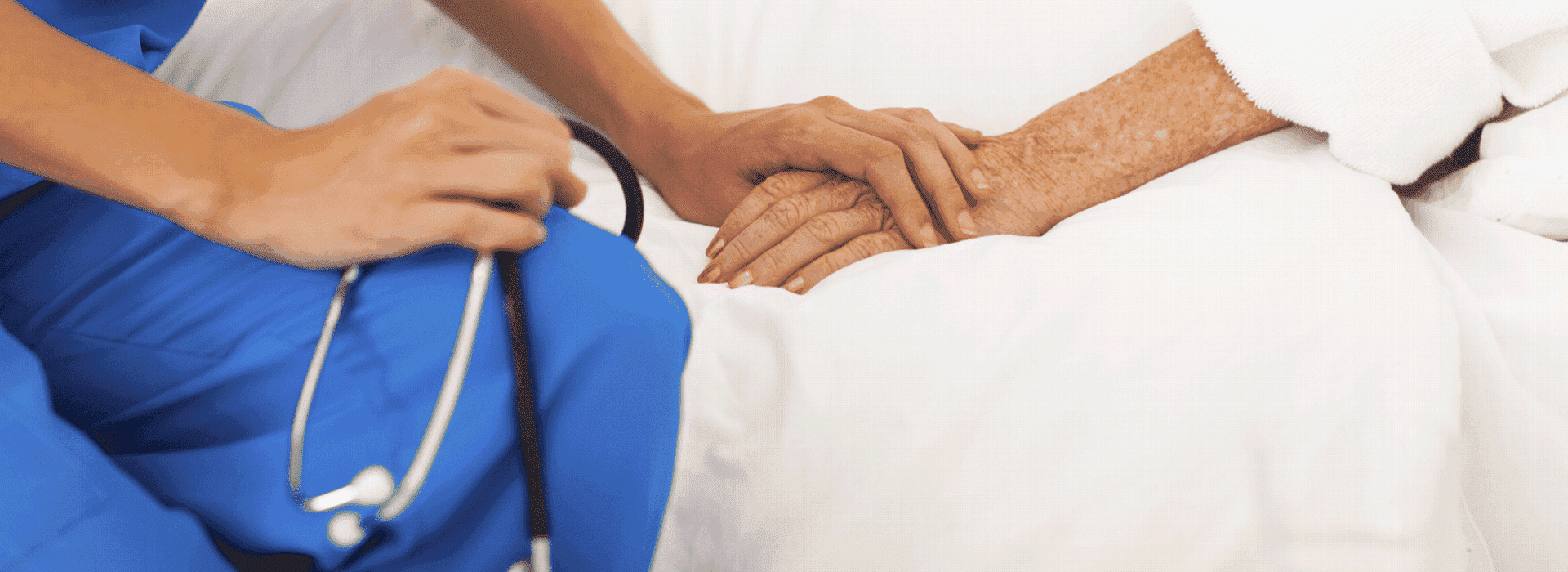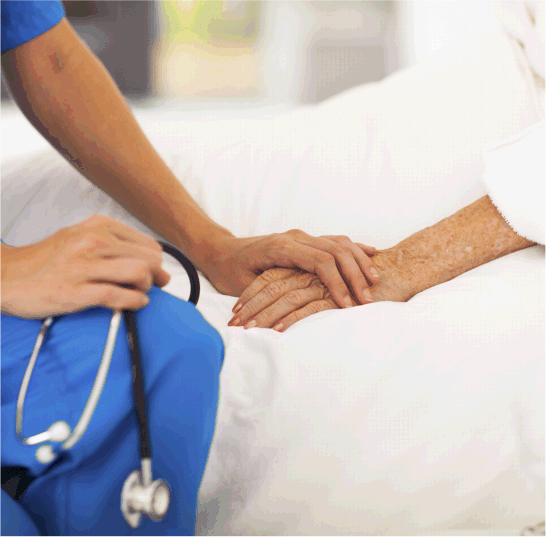
Wake up!!! It was dad I realised, asking me to leave bed in the morning for my physics class . In that chilly foggy winter morning I put forward my request from under the quilt …. What worse could happen if I miss the class for one day, I am too young to take life so seriously. Hmmmm… what if today is the last day of life for us. would you still like to sleep more or would like to do something better as we are all visitors to this time and place, we are just passing through , Dad replied in his loveful and experienced voice.I came out of the bed and got ready for the new day. I stood still on my way, suddenly I realised I had no body and mind. All I could see was an infinite illumination- perfect, serene and omnipresent. That light enter in my heart to show me my way back HOME. And that was my real wake up call for life. I felt mindful...

What’s mindfulness- “moment to moment awareness…being fully awake… being here for the moments of our lives, without striving or judging”. It’s as simple as listening to your breath and living in the present moment. It is about quieting the chatter in the outside world and inside your head to see things more clearly. Simple ways to live more mindfully everyday-
The benefits of practicing mindfulness translate in to reduced stress and anxiety, improvement in health and mental wellbeing, greater adaptability and appreciation in life , improved interpersonal relationships and better ability to respond to situations.
In concern with the health of a woman the increasing rates of gynae cancers like of breast , cervix, ovarian and uterus , and their diagnosis at such late stages where reversal is very difficult and painful even in today’s era with very effective drugs available for the treatment. Therefore , to deal with such like situation mindfulness is the remedy . we need to be aware of the early symptoms of these health hazards .
Breast cancer -is the mc cancer in indian women. It affects the age group of 40-60 yrs (though the lower age is decreasing and treands are changing due to change in lifestyle). Few risk factors are- obesity, late marriage , no breastfeeding to their infants, sedentary lifestyle.
Symptoms are – difference in the size of both breasts, pain, redness , discharge from nipple , retraction of nipple , skin changes and the most common is feeling any nodularity or change in consistency in breast.
Tips for early detection –
Cervical cancer is the commonest gynae cancer in India, generally affect women after 30 years of age. Risk factors are- HPV virus ( human papilloma virus) , multiple sexual parteners, early age of marriage and child birth, multiple births, unhygeine.
Symptoms are- irregular bleeding during periods, , excessive / prolonged bleeding , intermenstrual bleeding, bleeding/ spotting after intercourse , foul smelling discharge , constipation or frequent urination
By screening this cancer with a very simple test that’s known as pap smear we can bring down the percentage to remarkable levels as have been done years ago in countries like united kingdom. Pap smear testing should start from 25 yrs of age in married or sexually active woman and it should be repeated 3 yearly if test report is normal , till 65 years of age.
Cervical cancer vaccine (cervarix and gardanil ) is also available against the HPV virus. Its use is advisable in the girls of age group 11 -13 yrs for max benefits or at the most it can be given before consanguity of marriage.
Ovarian cancer is a big threat as due to the lack of screening , utmost awareness of symptoms is required and because of neglect ovarian cancer is diagnosed in late stages and mortality is very high. It can affect any age group but more in the age of 40 yrs and above.
Risk factors are- infertility, late menopause , early onset of menses , pcod.
Its symptoms are: generally vague complaints like abdominal pain, bloating , back ache, loss of appetite , change in toilet habits , abnormal bleeding and discharge.
Symptoms for more than 2 weeks , it’s a call for action. The earlier the better is the treatment.
Uterine cancer – it generally affect females of postmenopausal age group. no screening method for this is available .
symptoms includes abnormal bleeding. Again Awareness is the key again.
It may be painful to really see ourselves. It may be painful to look at our own bodies, our own “flaws” and our own truths deeply for what they are. But the cost of not looking is far greater. To not look, is to lose connection with who and what we really are. To not look is to lose our connection with our precious human lives, with this earth and with ourselves.
Dr. Jatinder kaur
MBBS, MS (OBG), MRCOG-UK,EFOG-EBCOG (Europe)
Gynae oncologist and laparoscopic surgeon
Yogic pranic healer
